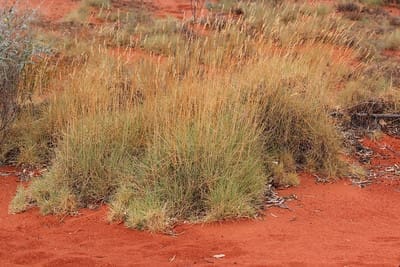Study sheds new light on the capacity of plants to respond to climate change.
By Katie Spenceley | University of Sydney
The study is an important development in the knowledge of plant adaptation and will help scientists look at the possible future evolution of these fragile ecosystems.
New research from several leading institutions, including the University of Sydney, has shown that plants are more diverse in extreme climates.
The study, published in Nature, shows that plants in arid zones adopt many different adaptation strategies – and that, surprisingly, this diversity increases with aridity levels.
The finding is an important development in the knowledge of plant adaptation and will help scientists look at the possible future evolution of these fragile ecosystems.
Coordinated by the INRAE, the CNRS and the King Abdullah University of Science and Technology, the major international collaboration took place over eight years, with researchers analysing more than 300 plant species from several hundred selected dryland plots across six continents.
The international team comprised 120 scientists from 27 countries, making it the first study of its kind on such a large scale.

Professor Glenda Wardle AM led the research in Australia, looking at species in the Simpson Desert, including hard spinifex, a species unique to the country.
She said: “Our hypothesis at the start of the study was that aridity would reduce plant diversity. But, incredibly, we found the opposite – that in the most hostile and arid regions of the planet, plants exhibit the widest range of individual adaptation strategies.”
Drylands make up 45 percent of the Earth’s terrestrial area and are home to a third of the world’s human population.
Despite this, species in these regions have been historically under-represented in scientific studies, with 90 percent of current knowledge of functional diversity in plants based on studies of agricultural ecosystems and temperate zones.
Professor Wardle said: “With drylands threatened by increases in aridity, desertification and agricultural grazing, it’s important we understand how plants respond to these pressures. This research is an important development in our knowledge of plant adaptation and will help us as we look at the possible future evolution of these fragile ecosystems in the face of global challenges.”
Journal Reference:
Gross, N., Maestre, F.T., Liancourt, P. et al. ‘Unforeseen plant phenotypic diversity in a dry and grazed world’. Nature (2024). DOI: 10.1038/s41586-024-07731-3
Article Source:
Press Release/Material by University of Sydney
Featured image credit: vecstock | Freepik




